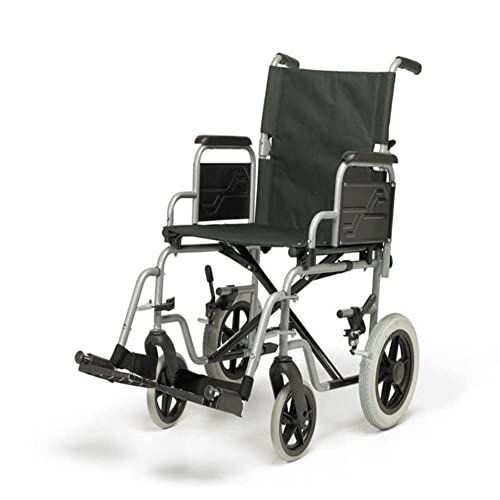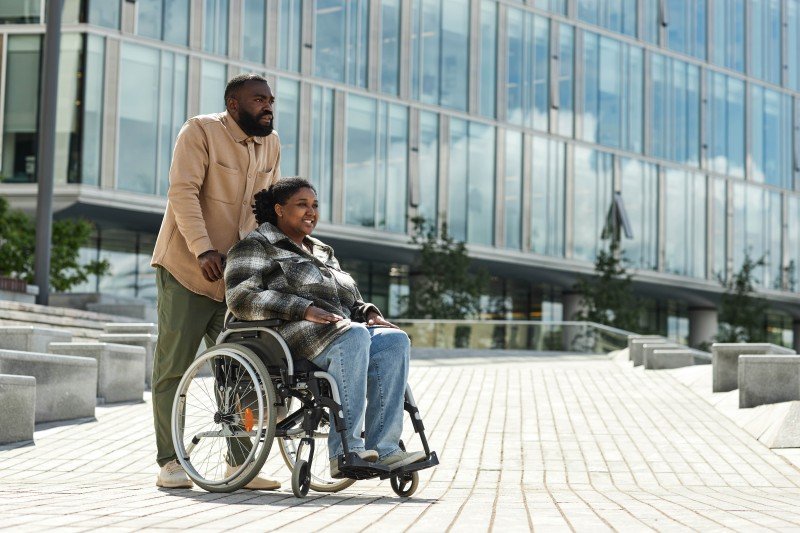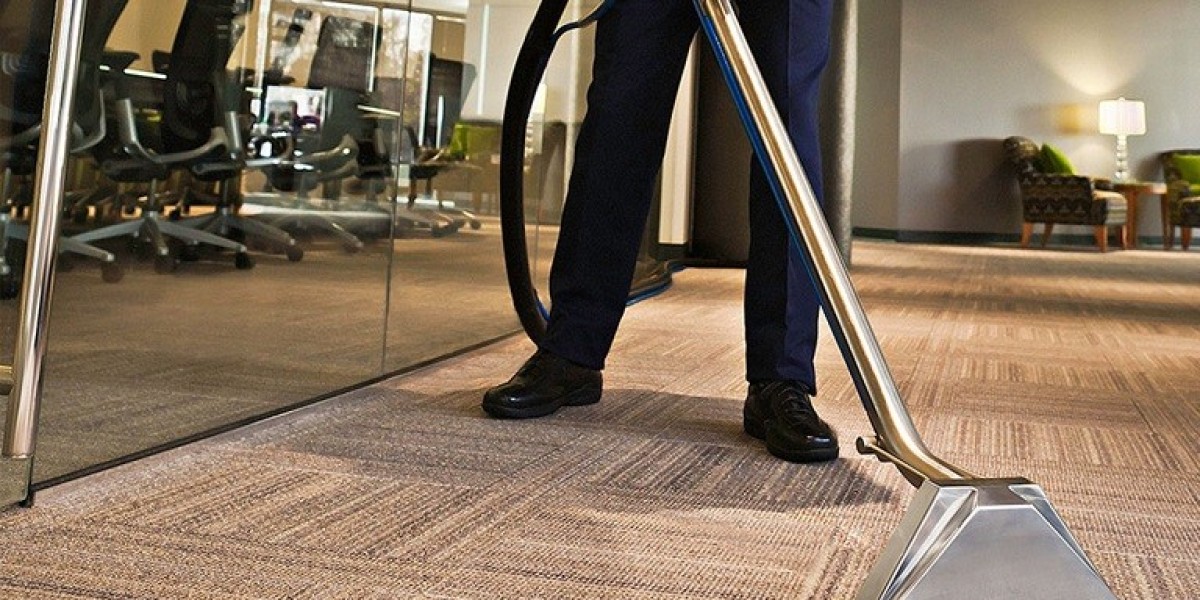Mobility Scooters in the UK: A Comprehensive Guide
In the United Kingdom, mobility scooters are ending up being an increasingly popular ways of transport for people with mobility issues, supplying them with the liberty to navigate their neighborhoods separately. These motorized cars are developed to help those who have difficulty strolling or utilizing a manual wheelchair, offering a useful and comfortable solution for daily travel. This short article delves into the world of mobility scooters in the UK, exploring their advantages, legal requirements, and how to choose the best mobility scooters one.
Introduction to Mobility Scooters
A mobility scooter is a battery-powered automobile that generally has three or 4 wheels, a seat for the chauffeur, and handlebars for guiding. They are developed to be simple to utilize and preserve, making them ideal for older adults and people with impairments who wish to preserve their self-reliance. Mobility scooters come in different sizes and designs, each dealing with various requirements and preferences.
Benefits of Mobility Scooters
- Increased Independence: Mobility scooters allow users to take a trip longer distances without the physical strain connected with strolling or utilizing a manual wheelchair. This self-reliance can significantly enhance their quality of life.
- Economical: Compared to other motorized lorries, mobility scooters are fairly affordable. They also need minimal maintenance, which can conserve users a great deal of money in the long run.
- Alleviate of Use: Most mobility scooters are developed to be user-friendly, with intuitive controls and comfy seating. They are often light-weight and can be easily dismantled for transportation.
- Enhanced Social Interaction: By allowing users to venture out more often, mobility scooters can help in reducing feelings of seclusion and solitude, promoting social connections and neighborhood participation.
- Improved Safety: Mobility scooters are geared up with functions such as headlights, brake lights, and horns, making them safer for usage on roads and in public areas.
Types of Mobility Scooters
When picking a mobility scooter, it's important to consider the type that best mobility scooters fits your requirements. Here are the primary types readily available in the UK:
Class 2 Mobility Scooters:
- Speed: Limited to 4 mph (6.4 km/h)
- Usage: Suitable for pavements and pedestrian areas
- Functions: Compact and light-weight, collapsible for simple transportation
Class 3 Mobility Scooters:
- Speed: Can reach up to 8 mph (12.9 km/h)
- Usage: Suitable for both pavements and roads, supplied they are signed up and insured
- Features: Sturdier build, frequently with advanced features like suspension and bigger batteries
Sturdy mobility scooters uk Scooters:
- Capacity: Designed to support users weighing approximately 400 pounds (181 kg)
- Usage: Ideal for those who need a robust and durable scooter
- Features: Reinforced frame, wider seat, and enhanced stability
Off-Road Mobility Scooters:
- Terrain: Built to handle rough and uneven surface areas
- Usage: Suitable for users who take pleasure in outside activities like hiking or fishing
- Functions: All-terrain tires, high ground clearance, and powerful motors
Legal Requirements for Mobility Scooters in the UK
Utilizing a mobility scooter in the UK comes with specific legal duties. Here are the crucial points to think about:
- Registration and Insurance:
- Class 2 Scooters: No registration or insurance needed
- Class 3 Scooters: Must be signed up with the DVLA, insured, and show a valid MOT certificate if utilized on roads
- Driver Requirements:
- Age: Users need to be at least 14 years of ages
- Health: No particular health conditions are required, however users must have the ability to manage the scooter securely
- Speed Limits:
- Class 2 Scooters: 4 mph (6.4 km/h) on pavements
- Class 3 Scooters: 8 miles per hour (12.9 km/h) on roadways, 4 mph on pavements
- Safety Equipment:
- Lights: All scooters used on roads must have front and rear lights, indicators, and a horn
- Reflectors: Required for usage on roadways, particularly during low presence conditions
- Tax and Parking:
- Tax: Class 3 scooters are exempt from vehicle tax
- Parking: Users can park in designated disabled parking spaces with a valid Blue Badge
How to Choose the Right Mobility Scooter
Picking the ideal mobility Scooter uk scooter includes considering a number of factors:
Mobility Needs:
- Range: How far do you require to take a trip?
- Surface: Will you be utilizing the scooter on pavements, roads, or off-road?
- Weight Capacity: What is the maximum weight the scooter requires to support?
Budget:
- Initial Cost: Mobility scooters can range from a few hundred to a number of thousand pounds
- Ongoing Costs: Consider the cost of batteries, upkeep, and insurance coverage
Functions:
- Comfort: Look for a scooter with a comfortable seat and adjustable controls
- Storage: Some scooters use additional storage for shopping bags or individual items
- Portability: If you require to transport the scooter, pick a design that is light-weight and collapsible
Reputation and Support:
- Brand: Research credible brands understood for their quality and dependability
- Service warranty: Check the service warranty duration and what it covers
- Customer Support: Ensure the producer or seller offers great customer assistance and service
Frequently Asked Questions About Mobility Scooters in the UK
Do I need a license to drive a mobility scooter?
- No, you do not require a driving license to operate a mobility scooter in the UK. Nevertheless, Class 3 scooters should be registered with the DVLA and guaranteed if used on roads.
Can I use a mobility scooter on the pavement?
- Yes, both Class 2 and Class 3 scooters are enabled on pavements, but Class 3 scooters are restricted to 4 mph.
Exist any restrictions on where I can use a mobility scooter?
- Class 2 scooters are restricted to pavements and pedestrian areas. Class 3 scooters can be used on roads, but they need to satisfy particular legal requirements.
How do I preserve my mobility scooter?
- Routine maintenance consists of inspecting battery levels, tire pressure, and brake performance. It's likewise important to clean the scooter routinely and save it in a dry place.
Can I get a mobility scooter through the NHS?
- The NHS offers mobility scooters through the Disabled Living Allowance (DLA) or Personal Independence Payment (PIP). You can likewise buy or rent a scooter from a personal merchant.
Is a mobility scooter tax-deductible?

- Sometimes, the expense of a mobility scooter near me for sale scooter can be declared as a medical expenditure. Speak with a financial consultant for particular guidance.
Tips for Using a Mobility Scooter Safely
- Use Appropriate Clothing:
- Wear comfy and weather-appropriate clothes. Consider using a high-visibility coat when utilizing the scooter on roads.
- Maintain the Scooter:
- Regularly inspect the battery, tires, and brakes to ensure the scooter is in great working condition.
- Follow Traffic Rules:
- Obey traffic indications and signals, and utilize designated pedestrian and cycle courses when possible.
- Use Safety Equipment:
- Always utilize the headlights, brake lights, and horn, especially during low exposure conditions.
- Bear in mind Others:
- Be courteous to pedestrians and other roadway users. Decrease when approaching congested locations.
Mobility scooters are a valuable tool for people in the UK who deal with mobility difficulties. They use a variety of benefits, from increased self-reliance to boosted safety, making them a popular option for older grownups and individuals with disabilities. By comprehending the various types of scooters, legal requirements, and how to choose the right one, users can take pleasure in the flexibility and convenience these lorries provide. Whether for everyday errands or pastime, a mobility scooter can significantly improve the lifestyle for many individuals.
Extra Resources
- DVLA Website: For information on registering and insuring a Class 3 mobility scooter
- Age UK: Offers suggestions and support for older adults thinking about a mobility scooter
- Disability Rights UK: Provides guidance on accessing mobility scooters through financial support programs
By putting in the time to research and pick the ideal mobility scooter, users can take pleasure in higher independence and a more active lifestyle.









